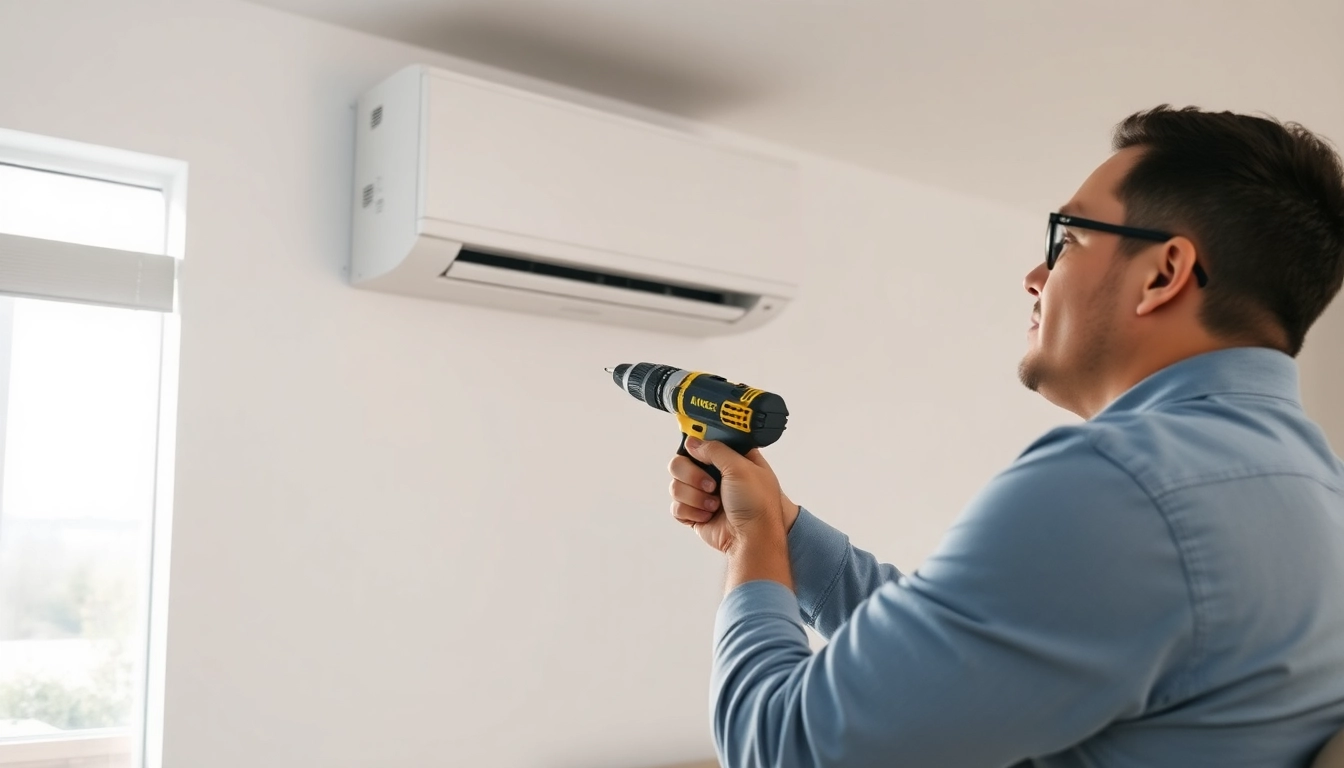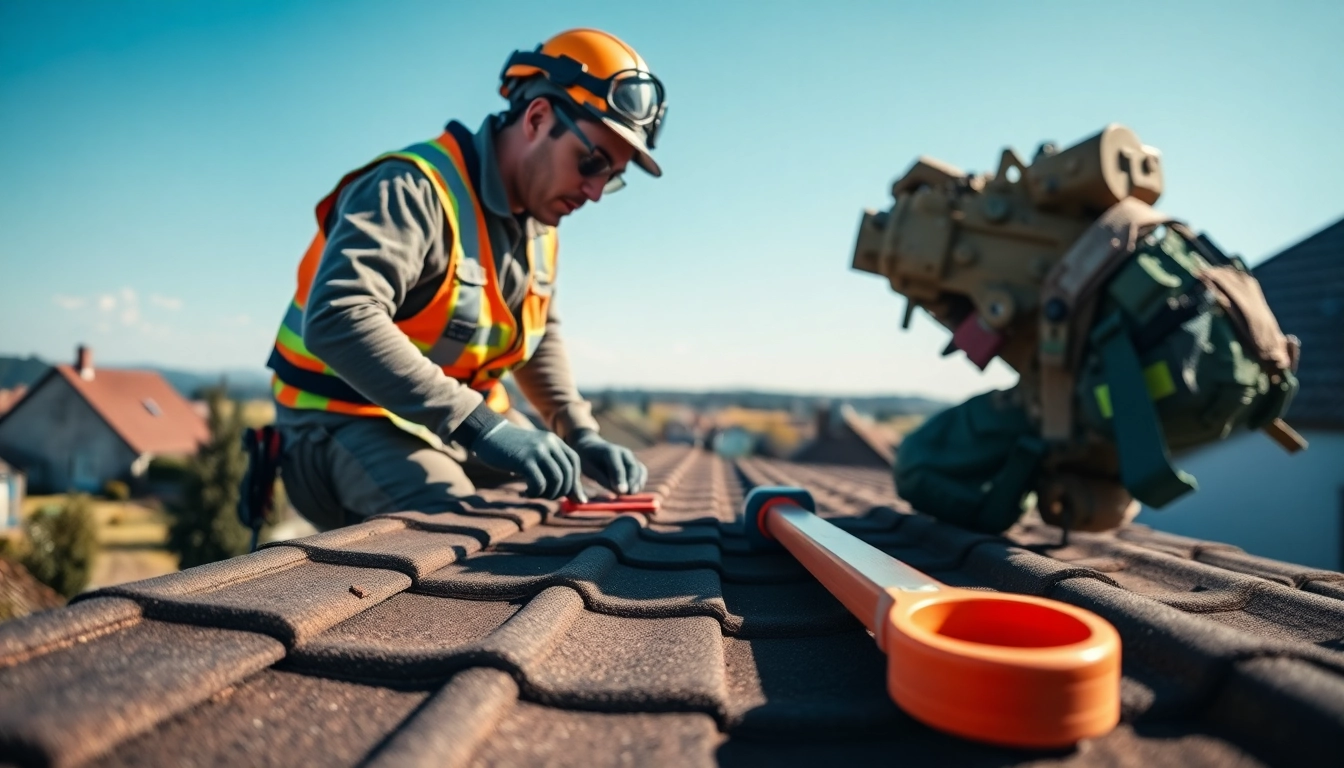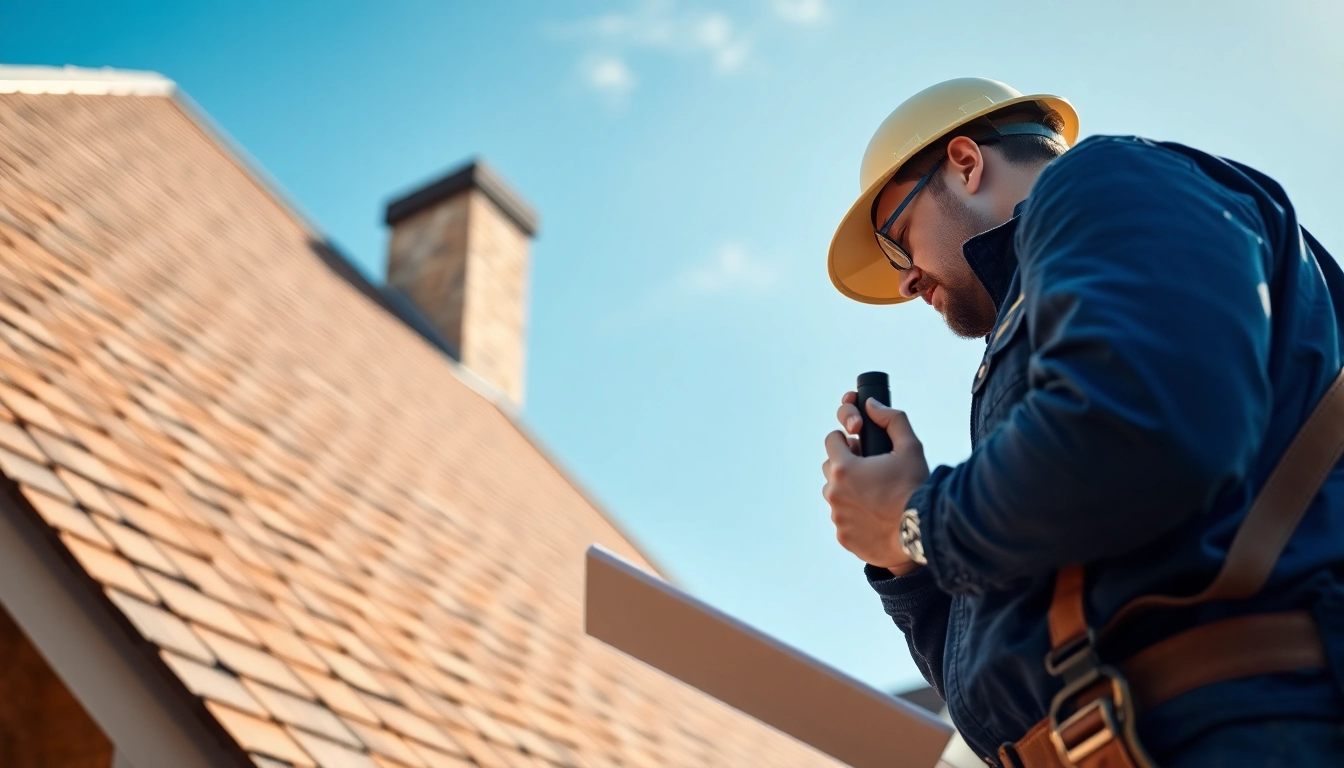1. What are Termite Inspections?
1.1 Definition and Importance of Termite Inspections
Termite inspections are a critical process in maintaining the integrity and safety of your home. These inspections involve a thorough examination of your property to identify any signs of termite activity or infestation. Given that termites can cause significant damage to wooden structures, conducting regular termite inspections is vital for homeowners. By identifying issues early, you can mitigate costly repairs and ensure the longevity of your home.
1.2 Common Signs of Termite Infestation
Recognizing the signs of a termite infestation can save homeowners substantial amounts of money in repairs. Some common signs include:
- Wood Damage: Look for soft, hollowed wood, especially near moisture-prone areas.
- Frass: This is termite droppings that resemble small wood pellets and can often be found near infested wood.
- Swarmers: Seeing flying termites near windows or doors can indicate a nearby infestation.
- mud tubes: These are tunnels made by subterranean termites that provide moisture and protection.
1.3 Types of Termite Inspections Available
There are various types of termite inspections available, catering to different needs of homeowners:
- Pre-Purchase Inspections: Often required during real estate transactions, these inspections ensure the property is free of termites before purchase.
- Annual Inspections: Conducted yearly to monitor long-term termite protection plans.
- Post-Treatment Inspections: After treatment, follow-up inspections ensure that termite activity has been eliminated.
2. The Process of Termite Inspections
2.1 Pre-Inspection Preparations
Before the termite inspector arrives, homeowners can aid the process by preparing their property:
- Clear areas around the foundation, ensuring easy access for the inspector.
- Move any stored items away from walls to make hidden areas accessible.
- Ensure that all crawl spaces and attics are easily accessible, as these are common entry points for termites.
2.2 Steps Involved in a Professional Inspection
A professional termite inspection typically follows a structured approach:
- Visual Inspection: Inspectors thoroughly examine the interior and exterior of the home, including basements, attics, and crawl spaces.
- Documentation: They will document evidence of current and past infestations, assessing the level of damage.
- Report Generation: After the inspection, a detailed report is generated outlining findings and recommended actions.
2.3 What Inspectors Look For During Termite Inspections
During a termite inspection, inspectors assess specific risk factors:
- Moisture Sources: Termites are attracted to moisture; identifying leaks or damp areas is crucial.
- Structural Damage: Any visible damage to wood should be assessed for termites.
- Entry Points: Inspectors identify potential access points where termites may enter your home.
3. Costs Associated with Termite Inspections
3.1 Average Cost and Factors Influencing Pricing
The average cost of a termite inspection is typically between $75 and $325, depending on various factors, such as:
- Location: Costs can vary significantly based on geographical area.
- Type of Inspection: Comprehensive inspections may cost more than standard checks.
- Size of Property: Larger homes may incur additional costs due to the time required for thorough inspection.
3.2 Free vs. Paid Inspections: What to Expect
While some companies offer free termite inspections, these may often involve a sales pitch for treatment services. In contrast, paid inspections typically provide a more thorough analysis and unbiased recommendations. It is essential to weigh the pros and cons of each option before deciding on an inspection type. For detailed insights on finding reputable termite inspections, consider consulting local experts.
3.3 Hidden Costs to Consider in Termite Inspections
When planning for a termite inspection, homeowners should also consider potential hidden costs, such as:
- Repair Costs: If damage is found, immediate repairs may be necessary, adding to the overall expense.
- Treatment Plans: If termites are detected, you may need to factor in the costs of treatments following the inspection.
- Follow-Up Inspections: Additional inspections may be needed to confirm the success of treatment.
4. Benefits of Regular Termite Inspections
4.1 Protecting Your Home: Early Detection
One of the primary benefits of regular termite inspections is the potential for early detection. Catching a termite infestation in its infancy can prevent extensive damage to your home. Early interventions significantly lower repair costs and safeguard your property’s integrity.
4.2 Saving Money on Future Repairs
By identifying termite issues proactively, homeowners can avoid costly repairs down the line. The costs associated with fixing structural damage from termites can escalate quickly. Routine inspections can save homeowners thousands in repair bills.
4.3 Peace of Mind as a Homeowner
Knowing that your home is regularly inspected for termites can offer invaluable peace of mind to homeowners. It alleviates anxiety and enables you to enjoy your home without the constant worry of hidden pests.
5. How to Choose the Right Termite Inspection Service
5.1 Credentials and Experience to Look For
Choosing the right termite inspection service is critical in ensuring thorough and accurate assessments. Look for inspectors who possess the following:
- Licensing and Certification: Ensure that the inspectors are licensed according to local regulations.
- Experience: Opt for companies that have a proven track record in termite inspections and pest control.
5.2 Reading Reviews and Testimonials
Before settling on an inspection service, it’s beneficial to read reviews and testimonials from previous clients. Positive feedback and high ratings can indicate reliable service. Consider checking platforms like Yelp or Angie’s List for comprehensible insights.
5.3 Questions to Ask Your Potential Inspector
Before hiring a termite inspection service, it is crucial to ask the right questions to gauge their competency:
- What inspection methods do you utilize?
- Can you provide references or testimonials from past clients?
- What warranties or guarantees do you offer on your services?















Leave a Reply